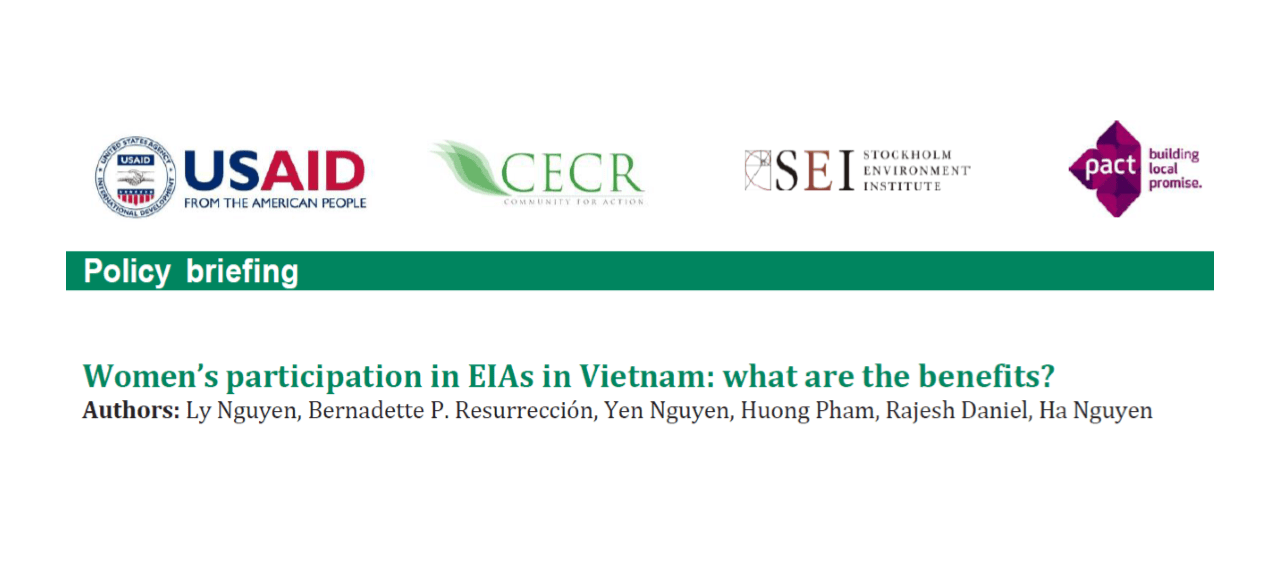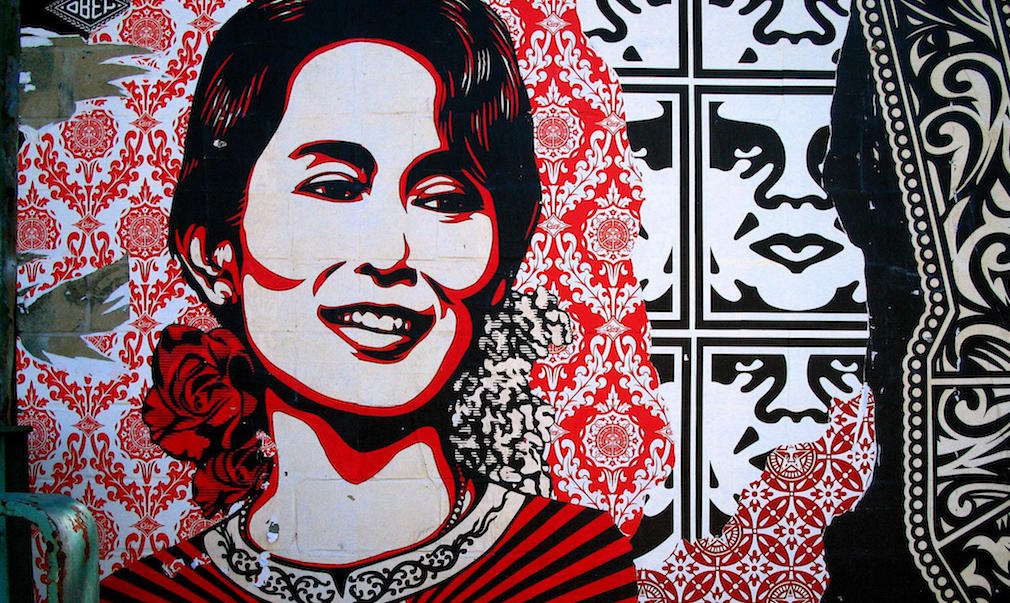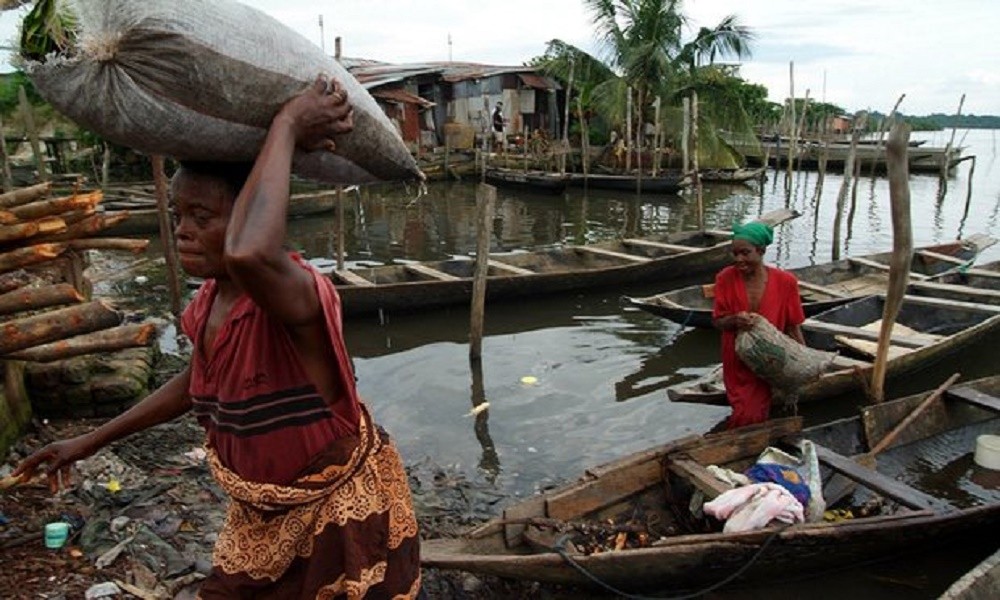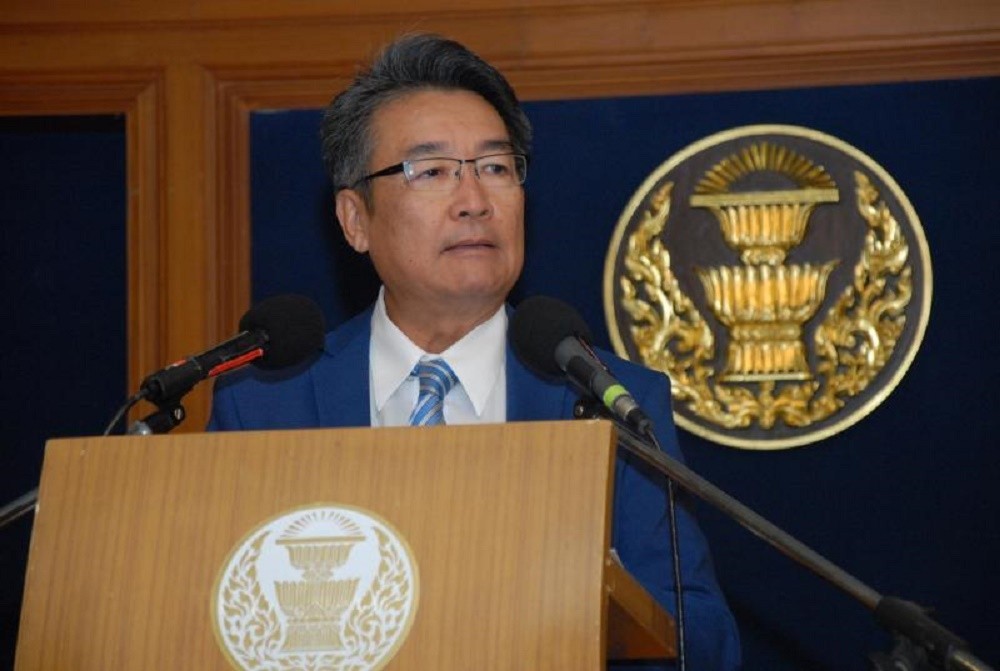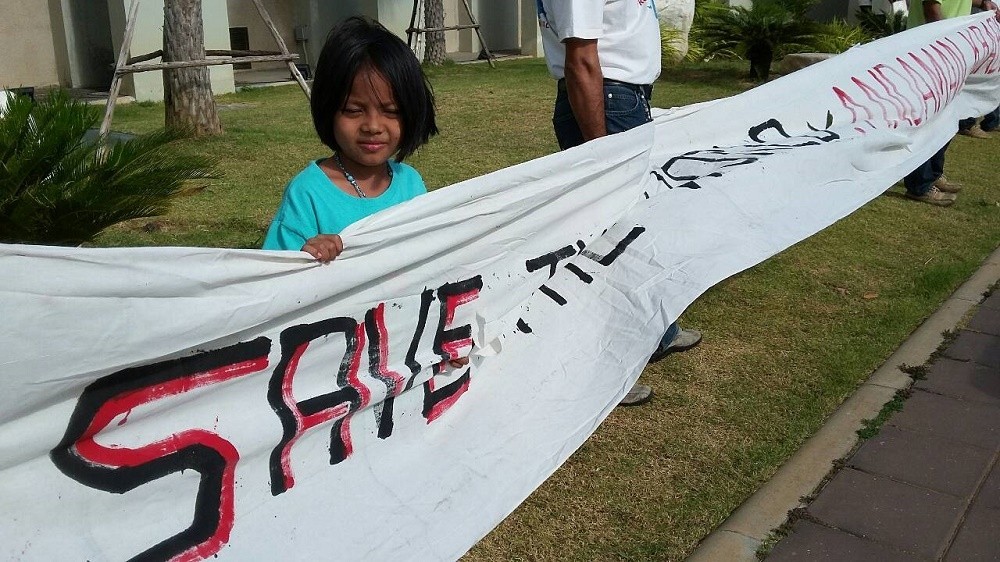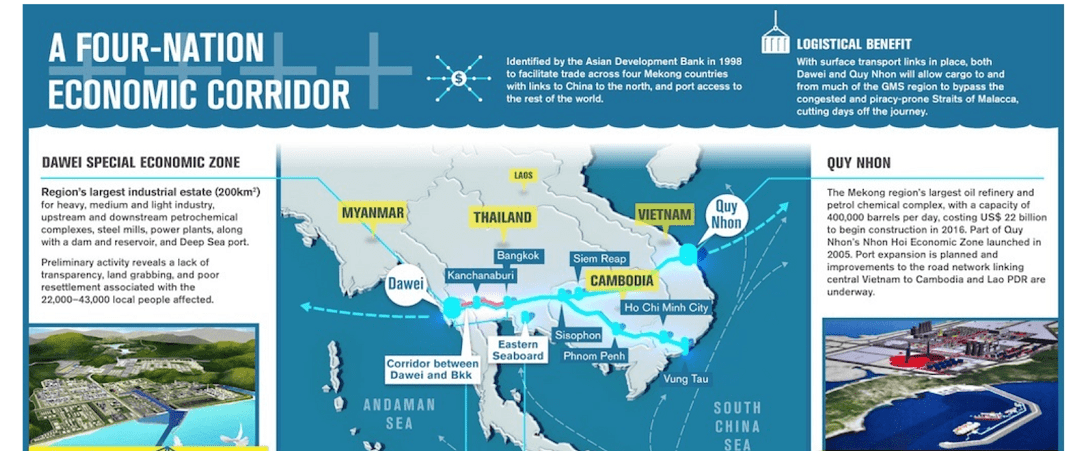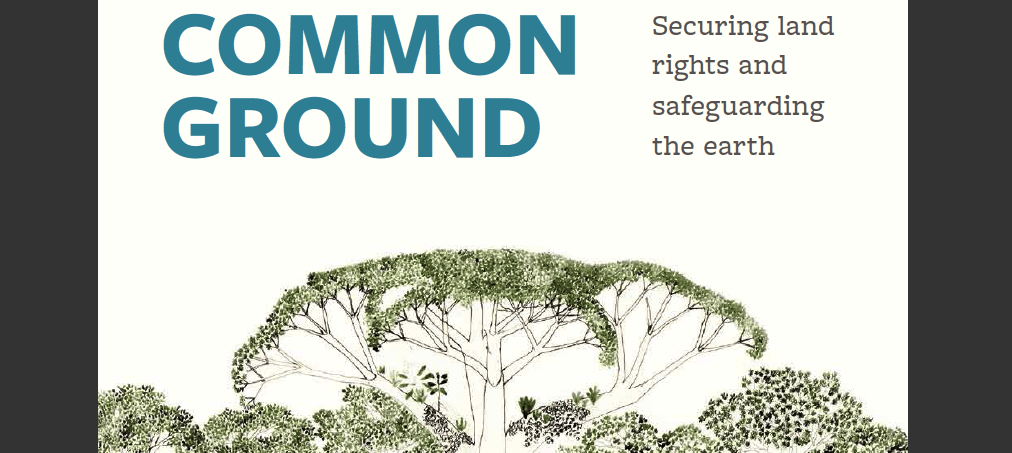Center for Environment and Community Research (CECR) conducted policy research to investigate the nature, extent, constraints and outcomes of women’s participation in two development project sites in Vietnam. These project sites were the Trung Son Hydropower Project funded by the World Bank and the Phu Hoa Landfill Project supported by the Asian Development Bank. Both projects have undergone EIA processes.
Category: Article
Myanmar : Aung San Suu Kyi and China’s Options
Bhaskar Roy As Myanmar nears a historic political transition, the incoming National League for Democracy (NLD) will have a lot on their plate. They will face the enormous challenge of steering the country according to their plans. Having struggled for two and a half decades against a hardline military rule, they will have a clearer […]
Why don’t World Bank projects safeguard women’s rights?
The fisherwomen of the Niger delta are legendary across west Africa. Fishery has been a female domain for generations, with women making a key contribution to family and community livelihoods.
CDC revises provision on community rights in draft constitution
Commission added ‘community rights’ in the charter draft and required projects that have impacts on health to do EIA. At the same time, the revised provision also stipulates that the public have the right to file complaints against state agencies if they fail to comply with this charter.
Villagers opposed the building of coal-fired power plant in Krabi province
A large crowd gathered together to protest the government controversial plan to build coal-fired power plant in Krabi province. The villagers welcomed the arrival of members of Thailand’s National Legislative Assembly (NLA) members and symbolic protested Krabi coal-fired power plant by standing in a row holding 50-meter-long banner “No Krabi Coal-Fired Power Plant” in front of the City Hall. Many environmentalists and locals have expressed concerns about the plan, fearing its environmental impacts, which could worsen the security situation in the already volatile Deep South.
Massive Dawei Corridor Set to Span Four Nations
Some 196 square kilometers along Myanmar’s west coast is slated for transformation into a deep sea port and industrial estate unrivaled anywhere else in the region.
No Need for Avatar Imagination
Last December, young community leaders from the Mekong states and a delegation from the Bertha Foundation network were invited by EarthRights International on a 4-day field trip in northern Thailand. We were hosted by villagers who have for decades peacefully resisted the construction of a dam that would have them expelled from their ancestral land.
Emergence of a “Green Generation” in Dawei Special Economic Zone
On a chilly January morning, wearing just a t-shirt and a pair of jeans, 19-year-old Naing Naing Win rode his family’s old Honda 125cc motorbike along a dusty, sandy road. His destination was Mayin Gyi village, about half an hour from his village of Thit Toe Tauk, Tanintharyi Region, Myanmar. As a youth living near a planned massive industrial zone, he knew that the days of riding his old bike along dusty, undeveloped roads might be limited.
Naing Naing Win is a second year student from Dawei University majoring in English. Like other youths in the area, he has both worries and hopes about what the Dawei Special Economic Zone (DSEZ) will bring to his community. But he’s eager to be part of the process. He made that chilly morning motorcycle ride to attend a Community Research Training in Mayin Gyi, which he saw as a potential step toward engaging the company and government to make sure the project benefits local communities.
Common Ground: Securing land rights and safeguarding the earth
Up to 2.5 billion people depend on indigenous and community lands, which make up over 50 percent of the land on the planet; they legally own just one-fifth. The remaining five billion hectares remain unprotected and vulnerable to land grabs from more powerful entities like governments and corporations. There is growing evidence of the vital role played by full legal ownership of land by indigenous peoples and local communities in preserving cultural diversity and in combating poverty and hunger, political instability and climate change. The importance of protecting and expanding indigenous and community ownership of land has been a key element in the negotiations of the Sustainable Development Goals and the Paris Agreement on climate change, and is central to their successful implementation. This report launches a Global Call to Action on Indigenous and Community Land Rights, backed by more than 300 organizations all over the world. It is a manifesto of solidarity with the ongoing struggles of indigenous peoples and local communities seeking to secure their land rights once and for all.
Statement of Kachin people on “Natural Resource Governance in Kachin State”
Kachin Organizations On March 1, 2016, 103 leaders of Kachin State from 61 organizations from civil society organizations, political parties, and religion organizations met at Myitkyina, Kachin State to discuss “Natural Resource Governance in Kachin State”. The following statements were agreed collectively at the forum. 1) To institute federalism, self-determination in no time with administration, […]


